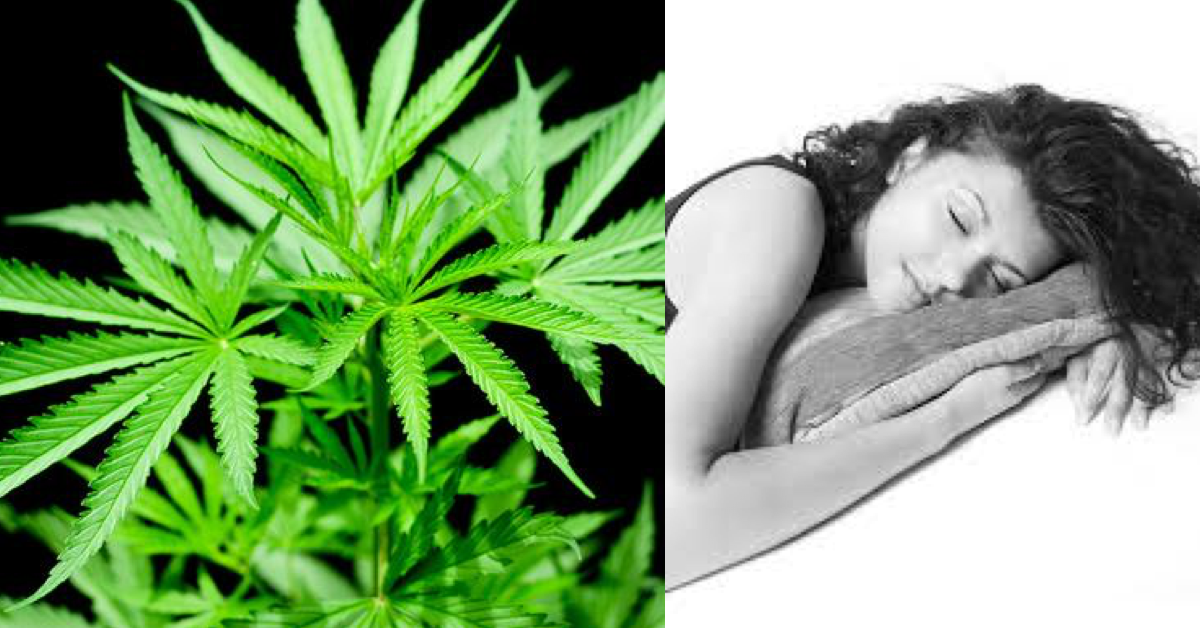It’s not uncommon for people to use marijuana before bedtime, whether it be out of habit or for medical reasons.
There is much research on marijuana and sleep. There are many strains which will provide an insomniac or anyone else, a good night’s sleep.
In addition to relieving insomnia, marijuana seems to be beneficial for sleep in other ways. The reason may be because the chemicals in marijuana, known as cannabinoids, actually mimic the activity of chemicals found naturally in the brain.
The endocannabinoid system, is made up of these chemicals and their biological pathways, which are responsible for regulating sleep, along with other things.
Here are 5 important ways marijuana can benefit sleep:
- Falling Asleep is Easier
A small study published in 1973, showed that THC (tetrahydrocannabidiol) reduced the time it took for 9 subjects with insomnia to fall asleep by over an hour on average. However, it was also noted that too high of a dose could have the opposite effect.
In another study in 2013, THC was found to ease falling asleep in healthy subjects.
2. Longer Length of Time sleeping
Some studies have also revealed that taking either THC or CBD (cannabidiol) before bed could cause an increase in overall length of time sleeping.
However, it was noted that higher doses of THC could cause a “hang over” feeling in some subjects when they woke up.
3. Deeper Sleep
Another way that cannabis effects sleep involves its impact on the sleep cycle. Some studies have shown that THC can increase the amount of slow-wave sleep, also known as deep sleep, that a user experiences during his or her time asleep.
This is important, since deep sleep is thought to play a major role in the body’s restoration process that happens during sleep.
Also, many experts believe that the most damaging effects of sleep deprivation result from a lack of slow-wave sleep.
4. Shorter REM Sleep
Reduction in REM (rapid eye movement) sleep is another way marijuana affects the sleep cycle. Many people who smoke or consume cannabis before bed report a lack of dreaming, which only occurs during REM sleep.
Some researchers might view less REM sleep as a negative effect of marijuana use, though they are still not sure what purpose REM sleep actually serves.
There is something known as the “REM rebound effect” that occurs in people who quit after using marijuana on a frequent basis. These people often report an increase in dreaming and restlessness during sleep, though this effect tends to wear off within days or weeks, depending on the person.
5. Improved Breathing
Approximately 25% of men and 9% of women suffer from a disorder called sleep apnea.
Sleep apnea is characterized by disrupted breathing during sleep, and has been linked to a number of serious conditions, including but not limited to diabetes and heart problems. A large portion of sleep apnea sufferers remain undiagnosed and untreated.
Those who seek treatment are typically given a CPAP mask, which must be worn every night. Many of those often give up on wearing this device.
Researchers are currently testing THC as an alternative mode of treatment and some of the results look promising. For many, consuming cannabis, whether it be via smoking or the edible route, would be much more pleasant than wearing a bulky device.
Source: The Health Cure


